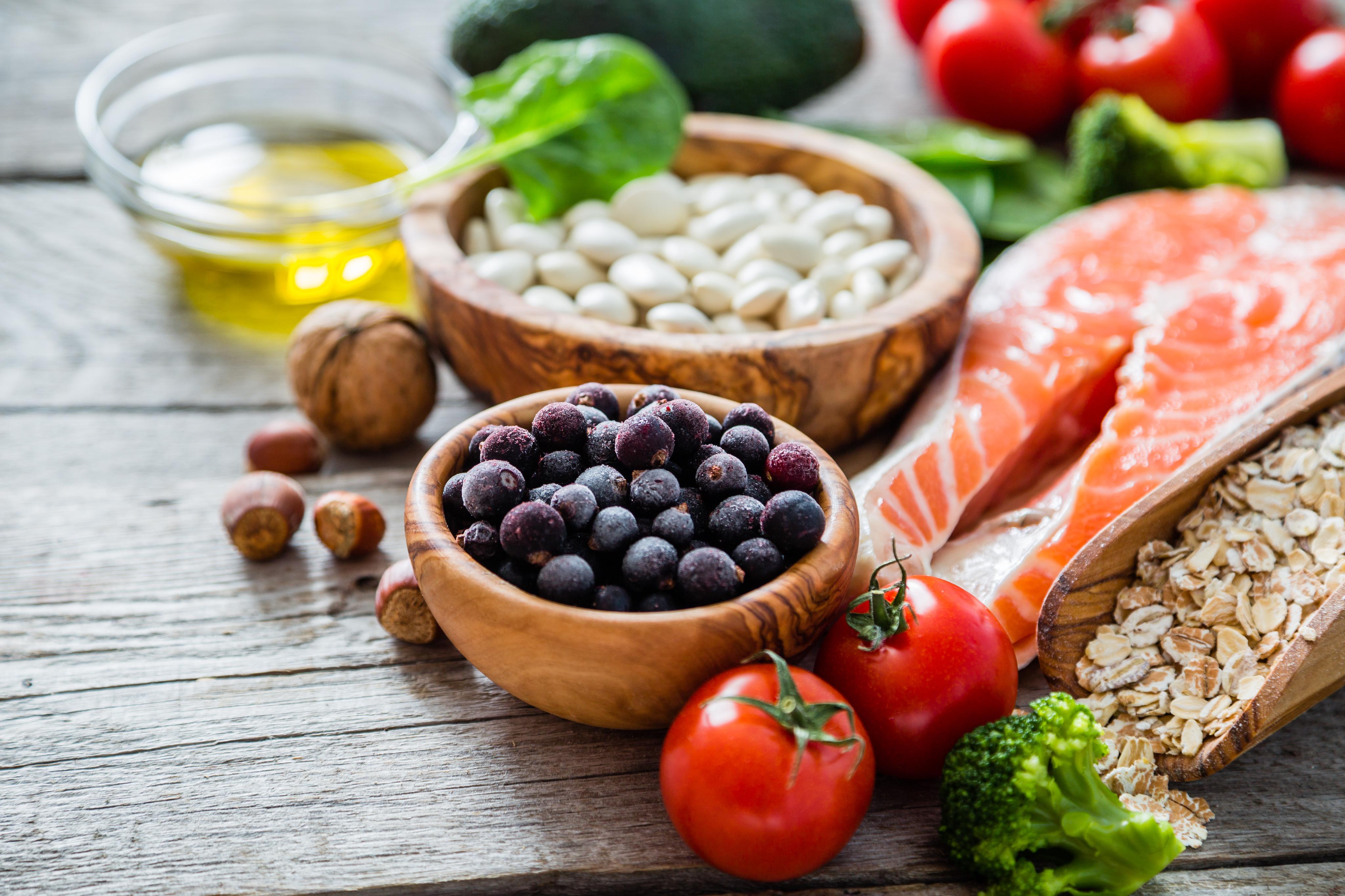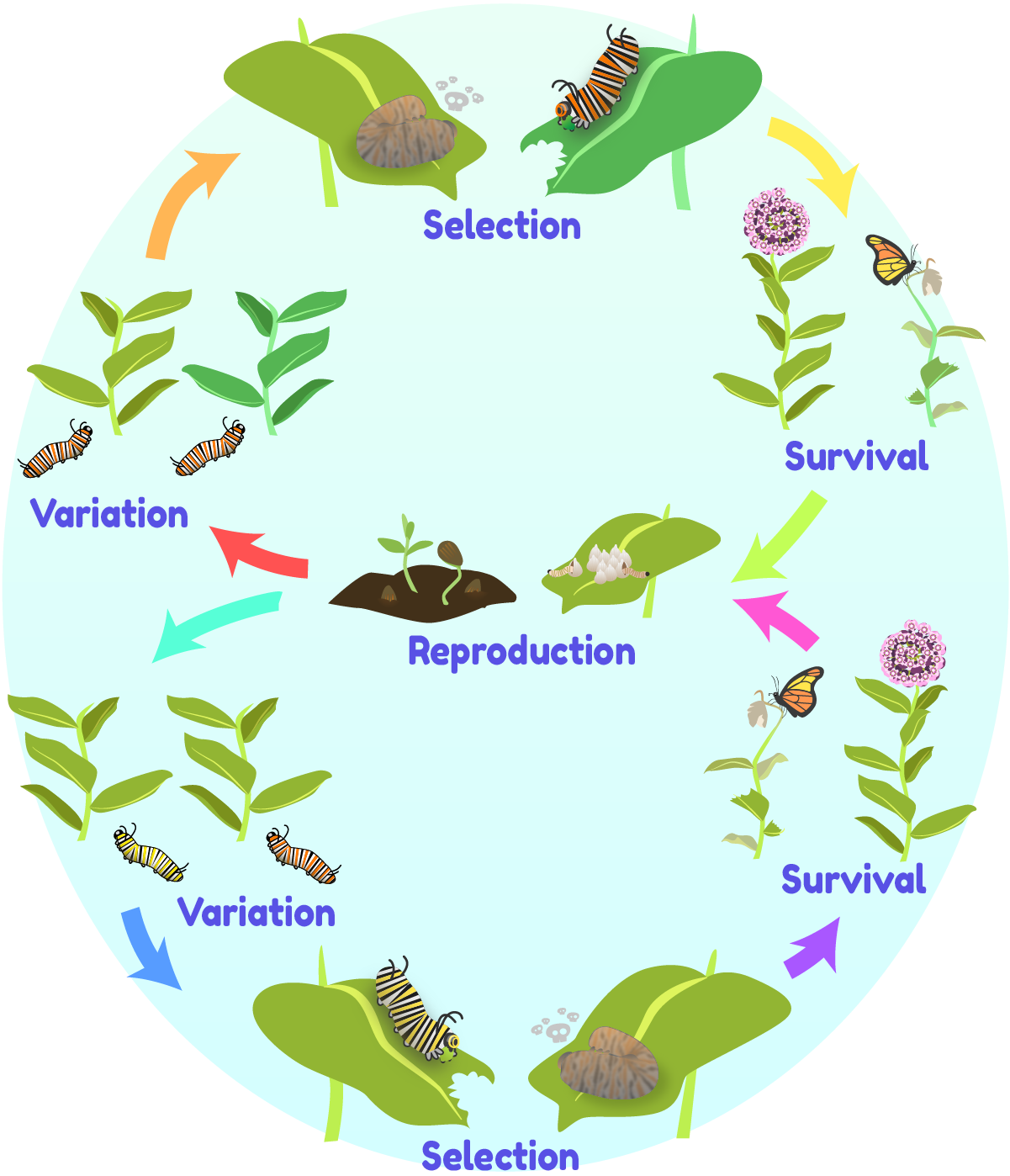The Ultimate Guide to Nutrition for Seniors: Health, Diet, and Well-being
Did you know that the sense of thirst significantly diminishes with age? This can lead to chronic dehydration, often mistaken for other conditions, and exacerbating existing health issues in older adults. Addressing this, and other age-related changes, through targeted senior nutrition strategies is key to maintaining health and well-being.
Understanding the Evolving Nutritional Needs of Elderly Individuals
As we age, our bodies undergo numerous physiological changes that directly impact our nutritional needs of elderly individuals. Metabolism slows, muscle mass decreases (sarcopenia), bone density declines, and the digestive system becomes less efficient. These changes necessitate a shift in dietary priorities to maintain optimal health and prevent age-related diseases. A "one-size-fits-all" approach simply won't cut it; personalized nutrition plans are often the most effective.
Furthermore, chronic conditions such as diabetes, heart disease, and arthritis become more prevalent with age, each requiring specific dietary modifications. For example, managing blood sugar levels in diabetic seniors requires careful attention to carbohydrate intake, while individuals with heart disease need to limit saturated and trans fats, sodium, and cholesterol. Addressing these individual needs requires a holistic approach, factoring in both the individual's medical history and their lifestyle.
Statistics show that malnutrition affects a significant portion of the elderly population, especially those living in long-term care facilities. This can lead to weakened immunity, increased risk of falls, and prolonged hospital stays. Therefore, early identification and intervention are crucial to prevent and manage malnutrition in elderly individuals.
Key Nutrients for Healthy Aging
Certain nutrients play a particularly vital role in supporting healthy aging and preventing age-related diseases. These include protein, calcium, vitamin D, vitamin B12, fiber, and omega-3 fatty acids. Ensuring adequate intake of these nutrients can help maintain muscle mass, bone density, cognitive function, and overall health.
| Nutrient | Why it's Important for Seniors | Good Sources |
|---|---|---|
| Protein | Maintains muscle mass and strength, supports immune function | Lean meats, poultry, fish, eggs, beans, lentils, tofu |
| Calcium | Supports bone health and prevents osteoporosis | Dairy products (milk, yogurt, cheese), fortified plant-based milks, leafy green vegetables |
| Vitamin D | Helps absorb calcium, supports bone health and immune function | Fortified foods (milk, cereal), fatty fish (salmon, tuna), sunlight exposure |
| Vitamin B12 | Supports nerve function and red blood cell production | Meat, poultry, fish, eggs, fortified foods, supplements |
| Fiber | Promotes digestive health, regulates blood sugar levels, and helps lower cholesterol | Fruits, vegetables, whole grains, beans, lentils |
| Omega-3 Fatty Acids | Supports heart health, brain function, and reduces inflammation | Fatty fish (salmon, tuna, mackerel), flaxseeds, chia seeds, walnuts |
The Importance of Protein
Senior nutrition must prioritize adequate protein intake. Sarcopenia, the age-related loss of muscle mass, can lead to weakness, frailty, and increased risk of falls. Consuming sufficient protein, coupled with resistance exercise, can help counteract this decline and maintain physical function. Aim for at least 1.0-1.2 grams of protein per kilogram of body weight per day, adjusting based on individual needs and medical conditions.
Vitamin D and Calcium Synergism
Vitamin D and calcium work together to maintain bone health. Vitamin D helps the body absorb calcium, which is essential for building and maintaining strong bones. Many seniors are deficient in vitamin D due to reduced sun exposure and decreased ability to synthesize it in the skin. Supplementation may be necessary to ensure adequate intake and prevent osteoporosis.
Fiber for Digestive Health
Constipation is a common complaint among older adults. Adequate fiber intake can promote regular bowel movements and prevent digestive issues. Choose whole grains, fruits, vegetables, and legumes to increase fiber intake. Be sure to drink plenty of water to help the fiber work effectively.
Meal Planning for Elderly: Practical Tips and Strategies
Meal planning for elderly individuals can be challenging, especially for those with limited mobility, cognitive impairment, or financial constraints. Simple, nutritious meals that are easy to prepare and consume are essential. Consider pre-cut vegetables, frozen meals, and meal delivery services to reduce the burden of cooking. Focus on nutrient-dense foods that provide maximum nutrition in smaller portions.
Creating a structured elderly diet plan can help ensure adequate intake of essential nutrients. This plan should consider individual preferences, dietary restrictions, and medical conditions. Involve the senior in the planning process to promote engagement and adherence. Consider consulting with a registered dietitian or nutritionist for personalized guidance.
When preparing meals, prioritize soft, easily chewable foods if dental issues are present. Cut food into small pieces to prevent choking. Ensure adequate hydration by offering water, juice, or herbal teas throughout the day. Monitor weight regularly to detect unintended weight loss, which can be a sign of malnutrition.
Navigating Age-Related Nutritional Challenges
Several age-related changes can pose significant nutritional challenges for seniors. These include decreased appetite, reduced sense of taste and smell, difficulty chewing and swallowing (dysphagia), cognitive impairment, and social isolation. Addressing these challenges requires a multifaceted approach that involves medical professionals, caregivers, and family members.
Loss of appetite can be a sign of underlying medical conditions or medication side effects. It's important to investigate the cause and address it appropriately. Offer small, frequent meals throughout the day, and encourage the senior to eat their favorite foods. Enhance the flavor of food with herbs and spices to compensate for the reduced sense of taste and smell. If dysphagia is present, consult with a speech therapist for strategies to improve swallowing safety.
Cognitive impairment can make it difficult for seniors to remember to eat or prepare meals. Provide reminders, assistance, or meal preparation services to ensure adequate nutrition. Social isolation can also contribute to poor nutrition. Encourage seniors to eat meals with others to promote social interaction and improve appetite.
| Challenge | Possible Solutions |
|---|---|
| Decreased Appetite | Small, frequent meals, favorite foods, address underlying medical conditions |
| Reduced Sense of Taste/Smell | Enhance flavor with herbs and spices, explore different textures |
| Difficulty Chewing/Swallowing | Soft, easily chewable foods, pureed diets, speech therapy |
| Cognitive Impairment | Reminders, assistance with meal preparation, simplified meal choices |
| Social Isolation | Meals with others, congregate meal programs, social activities |
According to a 2024 study published in the Journal of Gerontology, social engagement during mealtimes significantly improves nutritional intake and reduces the risk of malnutrition among older adults.
The Role of Senior Supplements
While a balanced diet is the foundation of good senior nutrition, senior supplements can play a valuable role in addressing specific nutrient deficiencies and supporting overall health. However, it's important to consult with a healthcare professional before starting any new supplement regimen, as some supplements can interact with medications or have adverse effects.
Common vitamins for seniors include vitamin D, vitamin B12, calcium, and omega-3 fatty acids. Vitamin D supplements are often recommended to address deficiencies and support bone health. Vitamin B12 supplements may be necessary for individuals with absorption issues. Calcium supplements can help prevent osteoporosis. Omega-3 fatty acids can support heart health and brain function.
However, it's important to note that supplements are not a substitute for a healthy diet. Focus on obtaining nutrients from whole foods whenever possible. Use supplements to fill in the gaps and address specific deficiencies.
Dietary Guidelines for Seniors: A Summary
Establishing dietary guidelines for seniors requires careful consideration of their unique needs and challenges. These guidelines should emphasize nutrient-dense foods, adequate hydration, and individualized meal plans. It is always a good idea to seek professional guidance.
Here's a summary of key dietary recommendations:
- Prioritize protein-rich foods to maintain muscle mass.
- Ensure adequate intake of calcium and vitamin D for bone health.
- Choose whole grains, fruits, and vegetables for fiber and essential nutrients.
- Limit saturated and trans fats, sodium, and added sugars.
- Stay hydrated by drinking plenty of water throughout the day.
- Consider supplements to address specific nutrient deficiencies, under the guidance of a healthcare professional.
- Address age-related nutritional challenges with individualized strategies.
FAQ: Common Questions About Nutrition for Older Adults
Here are some frequently asked questions about nutrition for older adults:
- What are the signs of malnutrition in elderly individuals?
- Unintentional weight loss
- Loss of appetite
- Fatigue
- Weakness
- Decreased immune function
- Poor wound healing
- How can I help a senior with decreased appetite?
- Offer small, frequent meals
- Serve favorite foods
- Enhance flavor with herbs and spices
- Address underlying medical conditions
- Ensure adequate hydration
- Are there any foods that seniors should avoid?
- Excessive amounts of saturated and trans fats
- High-sodium foods
- Sugary drinks and processed foods
- Raw or undercooked meats and seafood (due to increased risk of foodborne illness)
- How important is hydration for seniors?
Extremely important! Seniors are more prone to dehydration due to decreased thirst sensation and reduced kidney function. Dehydration can lead to fatigue, constipation, confusion, and increased risk of falls. Encourage seniors to drink plenty of water throughout the day.
- What resources are available to help seniors with nutrition?
- Registered dietitians and nutritionists
- Senior centers and meal programs
- Home healthcare agencies
- Government programs such as Meals on Wheels
- Online resources from reputable organizations like the Academy of Nutrition and Dietetics
Prioritizing proper nutrition is crucial for maintaining the health and well-being of elderly individuals. By understanding their unique needs, addressing age-related challenges, and implementing practical strategies, we can help seniors thrive and enjoy a high quality of life. Do you have any questions or experiences related to nutrition for elderly that you'd like to share? Leave a comment below – your insights can help others on their journey to healthy aging!


